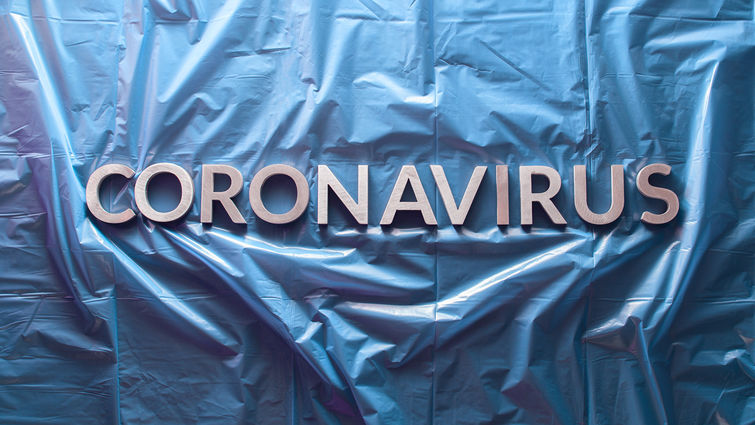
Coronavirus
Page last updated: March 17, 2020.
A new coronavirus discovered in China’s central city of Wuhan has caught the world’s attention and begun circulating through other countries. The new strain of the virus has infected people in at least 140 countries. according to the Center for Disease Control and Prevention (CDC).
Coronaviruses are not new, according to the CDC. The name refers to a family of viruses that cause illness ranging from the common cold to more severe diseases. In the past, only two cases of the virus have caused severe illness in people — Middle East Respiratory Syndrome (MERS) and Severe Acute Respiratory Syndrome (SARS).
The new strain, named COVID-19, has infected more than 95,000 people, according to official counts. As of March 15, more than 7,000 people have died, more than half of whom lived outside mainland China, according to the CDC.
The complete clinical picture of COVID-19 is still not entirely clear. Although little is known about it, human-to-human transmission has been confirmed. There is no vaccine for coronavirus, though there are several in various stages of development.
Although the strain of this disease may be new, the method of avoiding it is the same as with other respiratory illnesses, such as influenza or the common cold.
Adrian Cotton, MD, chief of medical operations at Loma Linda University Health, says it’s critical for people — especially those who are more vulnerable to sickness — to take preventative measures to keep themselves healthy. There are currently no vaccines available against coronavirus, but there are ways to reduce your risk of infection.
Cotton first stresses the importance of washing your hands. “This is the single most important thing you and your family can do to prevent the spread of a virus,” he says.
Viruses, such as the flu or coronavirus, are spread from person to person in droplets through coughs and sneezes from an infected person, Cotton says. They can also spread when a person touches fluid droplets on a surface or person and then touches their own mouth or nose.
In addition to washing your hands frequently, Cotton recommends avoiding touching your eyes, nose and mouth after touching another person or object. If someone is sick, he says to avoid close contact altogether.
“If you’re not feeling well, stay home,” he says. If your coughing becomes severe and is present with a fever, Cotton say to call your doctor.
“You should always practice responsible hygiene and prevention methods to best prevent the contracting and spread of any virus,” he says. “Handwashing and vaccines have been shown to help protect everyone, especially the most vulnerable in our society.”
This is a rapidly evolving situation. We will provide updated information on a regular basis.
